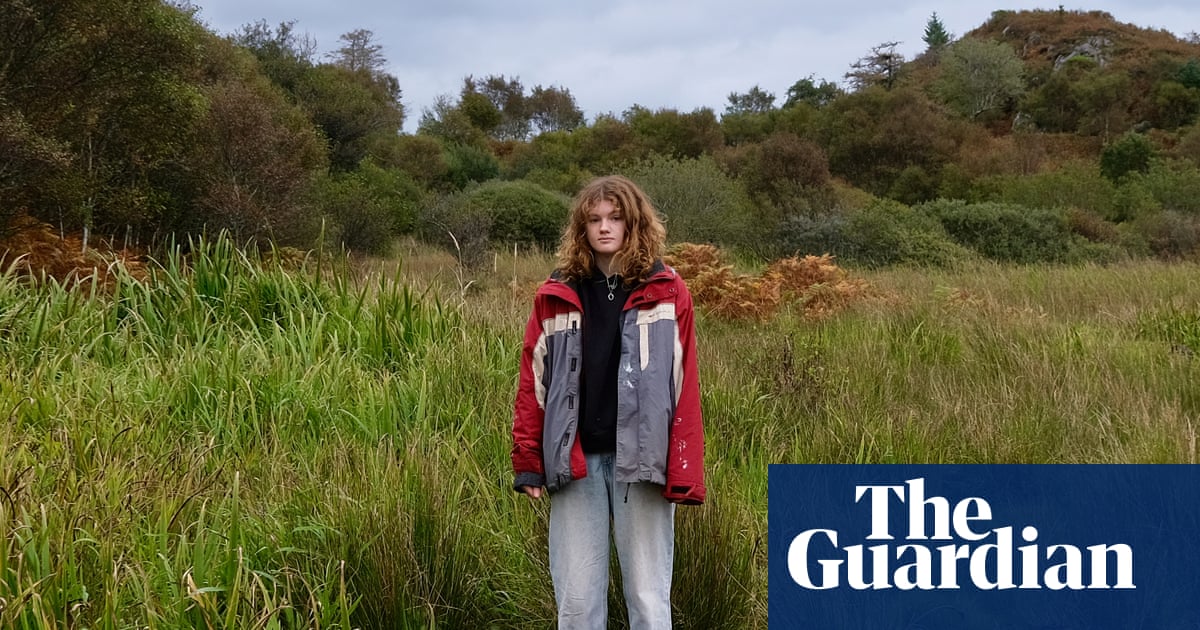
"I've seen so much change already in my lifetime, said Tabby. So much plastic, so many gales and storms. In January, we had Storm Eowyn, she said. Huge storm surges brought piles of plastic on to the beach close to my house. I saw dead birds wrapped in plastic. It was obvious from little bits inside their decomposing bodies they had eaten plastic."
"There was a dead goat too its head stuck in a plastic fishing net. It's really horrible. She has also seen images of red deer, which feed on seaweed, entangled in washed-up fishing nets. If they are left to their own devices, they can starve to death. There are fibres of plastic that come off the netting too, she said."
"Around 50% of the plastic we use in the UK is single use, and by cutting these items out, it creates a more sustainable footprint in the natural world. Plastic endangers seabirds, seals and other wildlife through ingestion, entanglement and toxic contamination, while microplastics tiny particles from broken-down plastic pose a long-term threat to wildlife and human health. It can contain any of more than 16,000 chemicals, many of them linked to health issues."
Tabby Fletcher, 17, from the Isle of Jura launched a petition calling for a ban on all single-use plastics after finding dead birds and other wildlife entangled in, or having ingested, plastic washed ashore by powerful storms. The petition gathered more than 26,000 signatures and received backing from MSPs in the Highlands and Islands. Islanders reported animals including a stag with fishing floats and a goat with its head trapped in a fishing net, and red deer entangled in nets with risk of starvation. Around half of UK plastic is single-use; microplastics and thousands of chemical additives pose long-term risks to wildlife and human health. Community beach clean-ups occur but are insufficient to halt worsening pollution without national action.
Read at www.theguardian.com
Unable to calculate read time
Collection
[
|
...
]